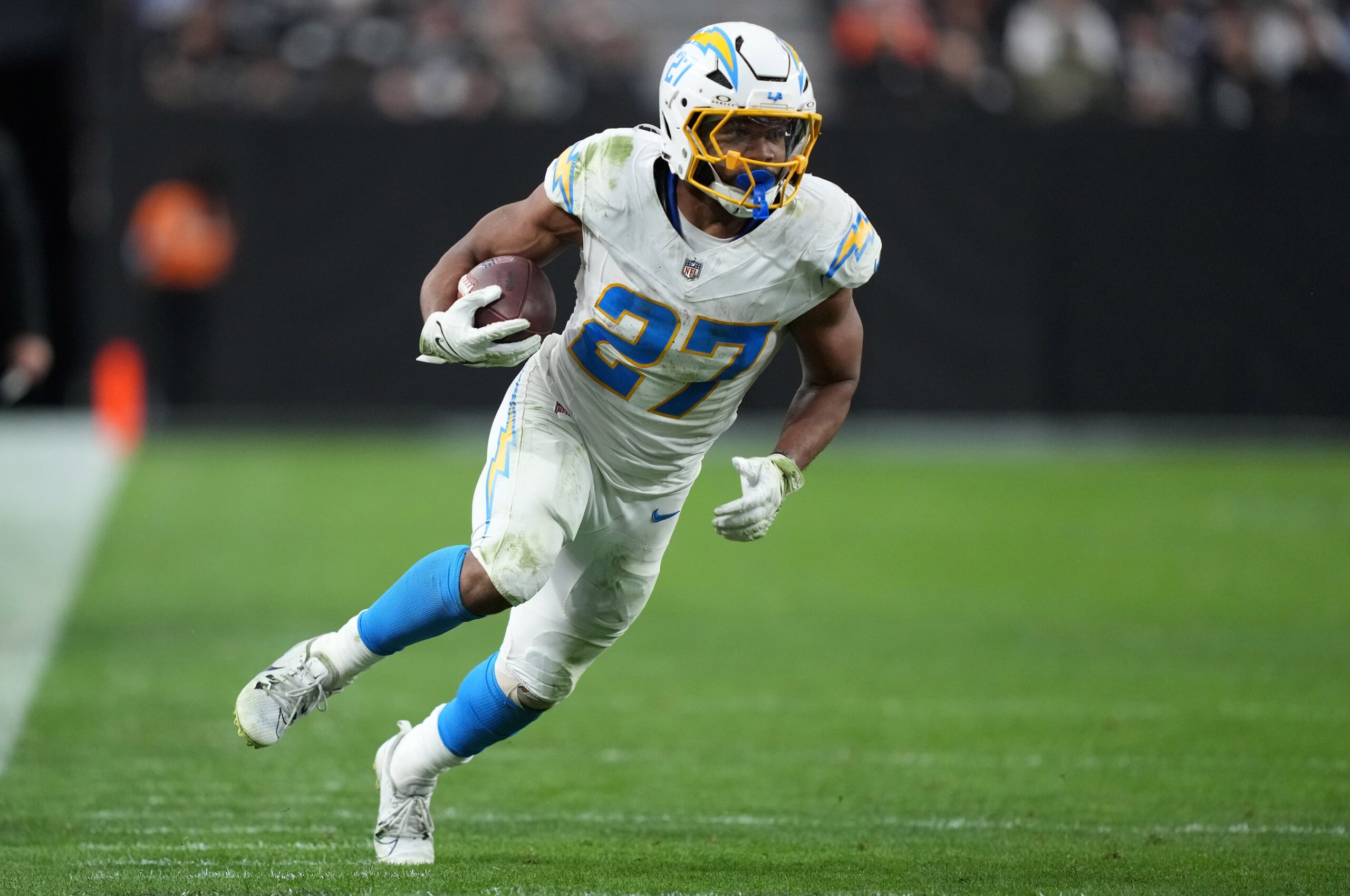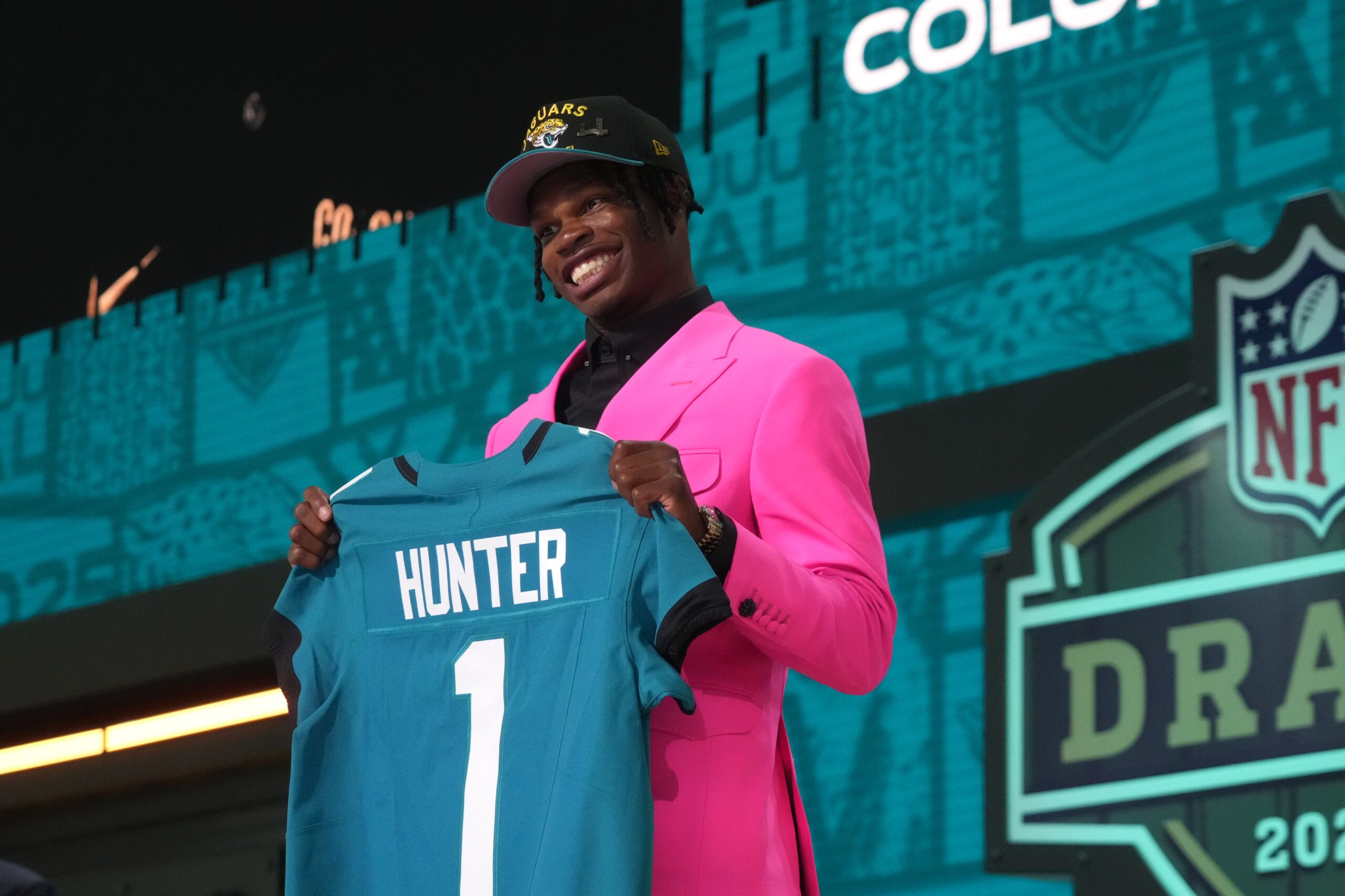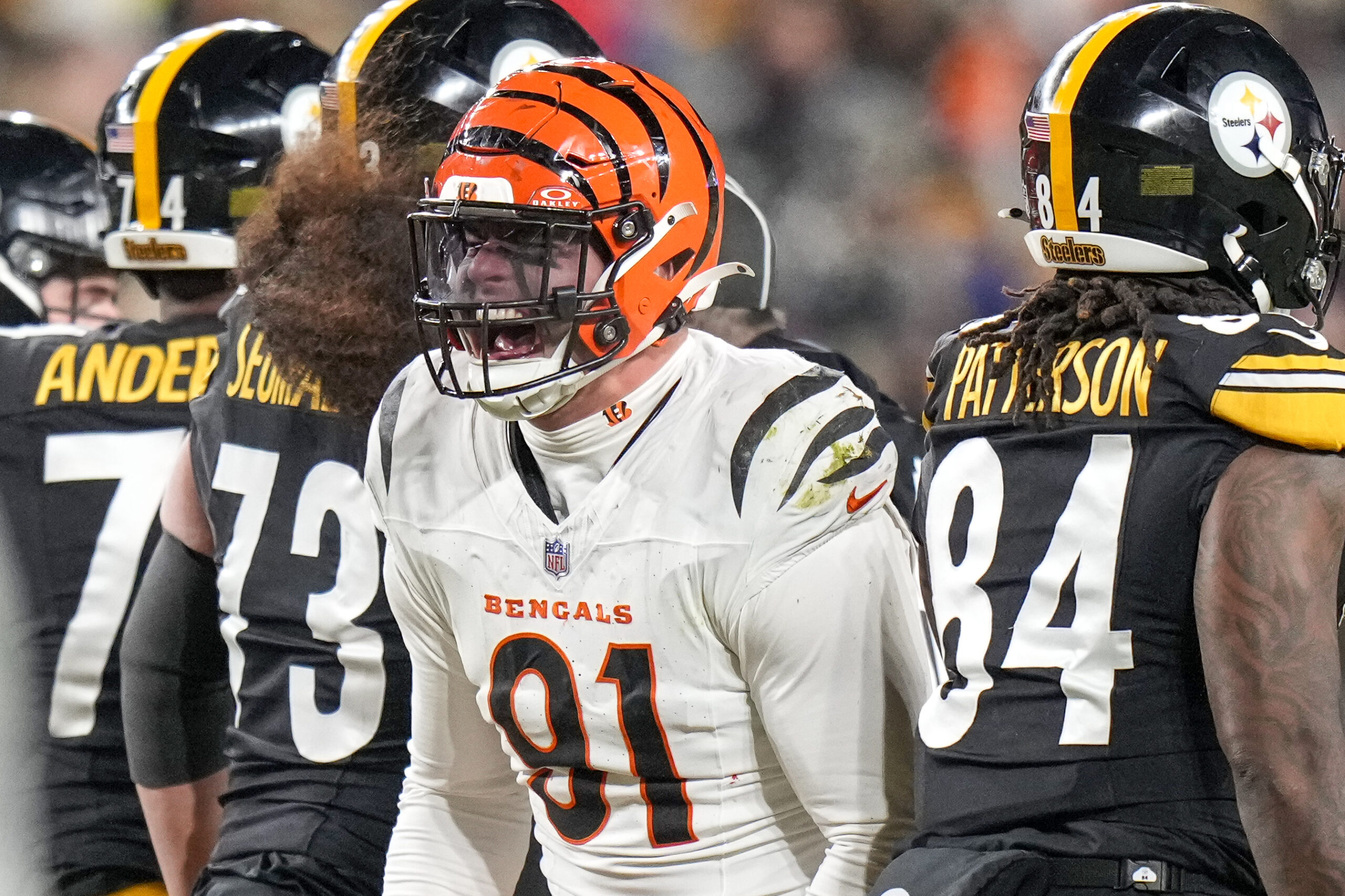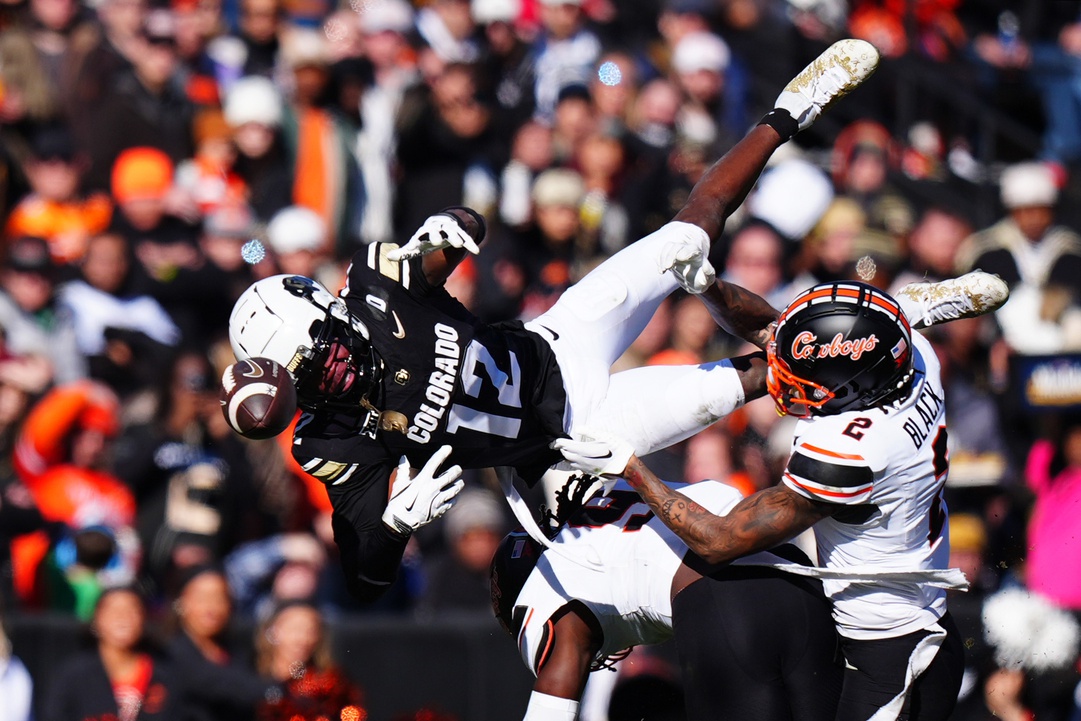NFL Analysis
4/5/24
6 min read
Why Players Should Attend NFL Offseason Programs
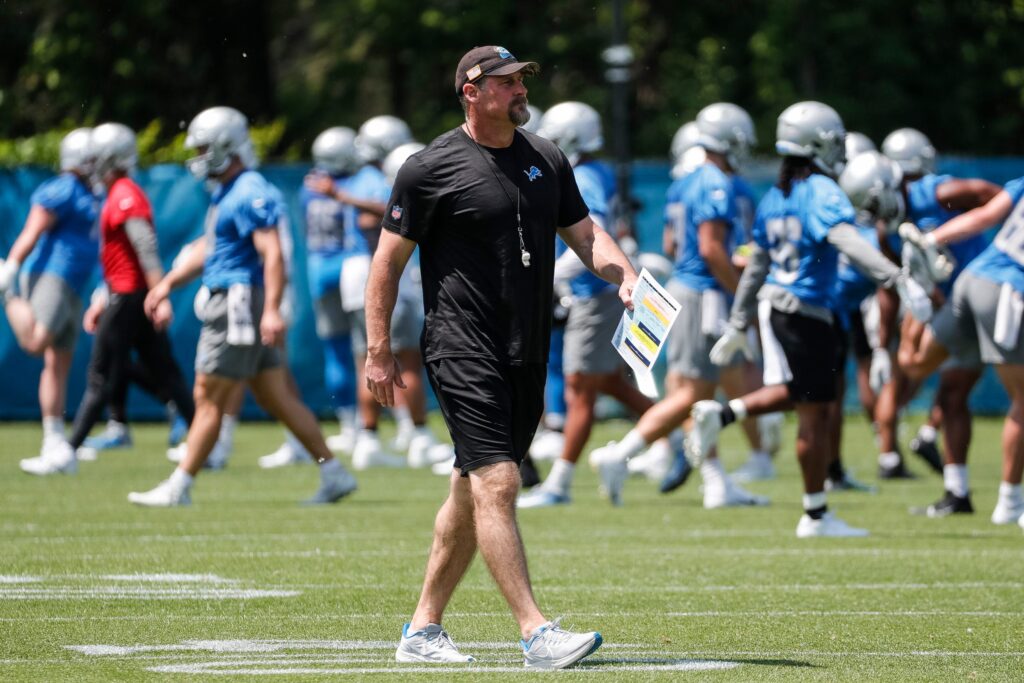
NFL offseason programs began this week for some of the NFL teams with new head coaches, like the Atlanta Falcons, Los Angeles Chargers and Washington Commanders. That also means there will start to be reports regarding which players are or are not attending those voluntary team activities, an annual rite of passage.
Without getting too bogged down in the details, the program is now nine weeks long and consists of three phases: Phase One (two weeks) is limited to meetings, along with strength and conditioning work. Phase Two (three weeks) may include on-field group or position work. And Phase Three (four weeks) includes organized team activities (OTAs), which is when 11-on-11 work without contact is permitted.
In my seven years in the NFL, I never missed a single offseason workout.
There were so many reasons why that was the case. Yet every year, notable players skip some or all of their team’s offseason program. I've heard most of their logic and will delve into it below. Yet, ultimately, for most of them, it is a poor choice.
I don't get it, and at this point, I don't think I ever will.
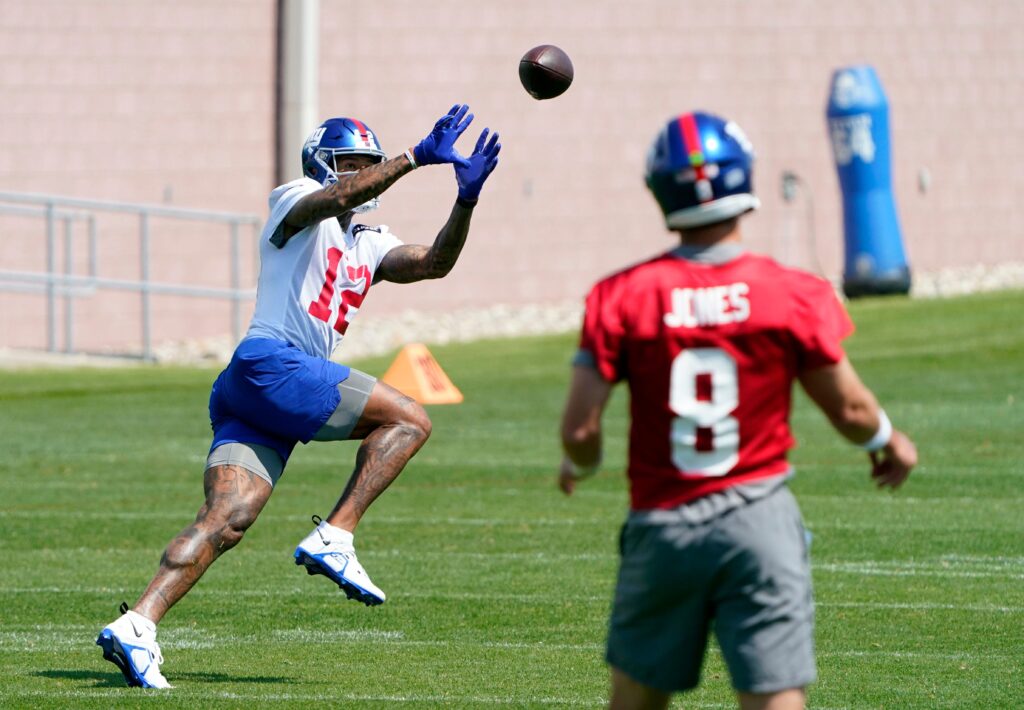
Offseason Programs Are 'Free Money'
Let’s start with why I always thought attending offseason programs was a no-brainer. For one, teams pay you.
Teams are allowed up to four organized offseason workouts every week of the program. This year, every player will receive $315 per workout, which comes out to $1,260 per week. While that is a small amount relative to weekly game checks in the regular season, I always looked at it like it was free money.
As an NFL player, it's a job requirement that you work out to prepare your body for the rigors of the season, so why not get paid for it?
In addition, the teams typically have outstanding cafeterias that provide the players with a robust and healthy free breakfast and lunch. Good luck getting those types of meals elsewhere, especially when you are a young man in your 20s.
Heck, the food was so good (and good for you!) that I would typically box up some of the entrée options I didn’t have for lunch and take them home for dinner. Why pay for groceries or go out to eat food that isn't nearly as stellar?
Plus, there are other benefits to an offseason program.
You get to be around your teammates and build relationships and camaraderie. During the portions of the offseason when you are on the field, you're working with your coaches to better harness your craft.
The team facility's amenities — the cold tub, hot tub, training room, weight room, etc. — are better than what most players can find elsewhere.
Why Don't Stars Show Up?
So why do some players decline to show up? Pretty much because they can.
“You have delineated the two levels of player,” former Green Bay Packers executive Andrew Brandt told me when I asked him recently on the "Ross Tucker Football Podcast" about offseason program attendance.
He continued: “Every guy that is not a star is going to be there because it doesn’t look good for them if they aren’t, but I had a heck of a time trying to get stars to come to Green Bay for the offseason program. One guy told me I could put a $10-million-offseason-workout bonus in his contract and he still wouldn’t come.”
Brandt speaks the truth.
I still remember having a teammate in Washington in 2002 who had a $500,000 workout bonus if he attended 75 percent of the offseason program. He didn’t come once. I wonder how he feels about that decision looking back on it and realizing how hard it is to earn that type of dollar amount now that he is no longer in the league.
I had a heck of a time trying to get stars to come to Green Bay for the offseason program. One guy told me I could put a $10-million-offseason-workout bonus in his contract and he still wouldn’t come.
-Andrew Brandt, former NFL executive
The point about it being primarily the stars who choose not to attend is spot on. For those guys, the money is evidently not significant enough to be a determining factor. As a guy who made the league minimum for five of my seven years, I suppose I can’t relate. But if you will be working out anyway, why not do so with your team?
Then again, some of these stars who didn’t show up were the same ones who didn’t participate in the NFL’s 100 percent 401K match program when we were teammates, so financial decision-making wasn't their strong suit.
Some players love their offseason homes and don’t want to leave for “voluntary” work. Others, which I think is probably the most understandable excuse, don't feel as if the team workouts are optimal for them and prefer to train elsewhere.
My argument is that there is plenty of time before and after the nine-week period to train elsewhere. Plus, if you are more concerned about position-specific work, you can do that before or after the team activities for the day.
Why not do both?
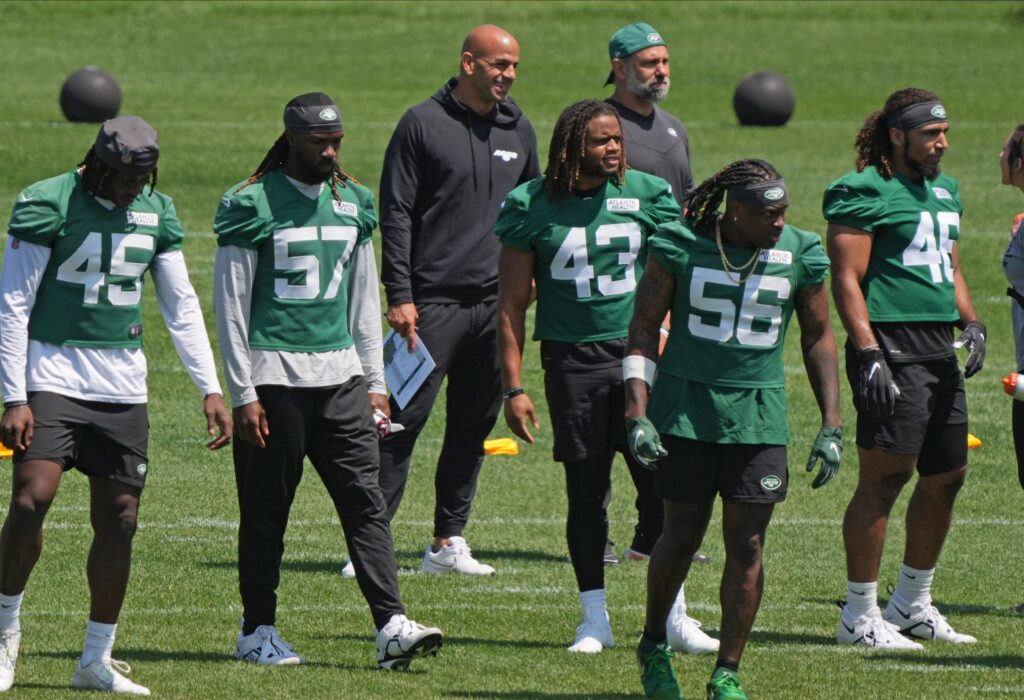
Great Leaders Want to Lead
Having other interests in the offseason isn’t an excuse, either. Because the players can only be in the facility for up to four hours per day, there is plenty of time for other activities. I did several offseason internships in the NFL city I was playing in — Merrill Lynch in Washington, D.C. and Buffalo and The Staubach Company in Dallas.
Besides, if you're a star player, don’t you also want to be a leader? Don’t you want to help your team have the most successful season you can? You aren’t setting a good example if you skip most (or all) of the team's offseason program.
If you think things like that don’t matter, perhaps you should ask new Chargers coach Jim Harbaugh, who raved about getting the players back in the building in Los Angeles.
“It’s like the start of the new year," he said. "That’s the way it feels. It’s like that first day of school or a family reunion or homecoming… it just feels like there is a new lift and energy in the building.”
So if that's what offseason programs represent, they're something everybody should want to participate in.


